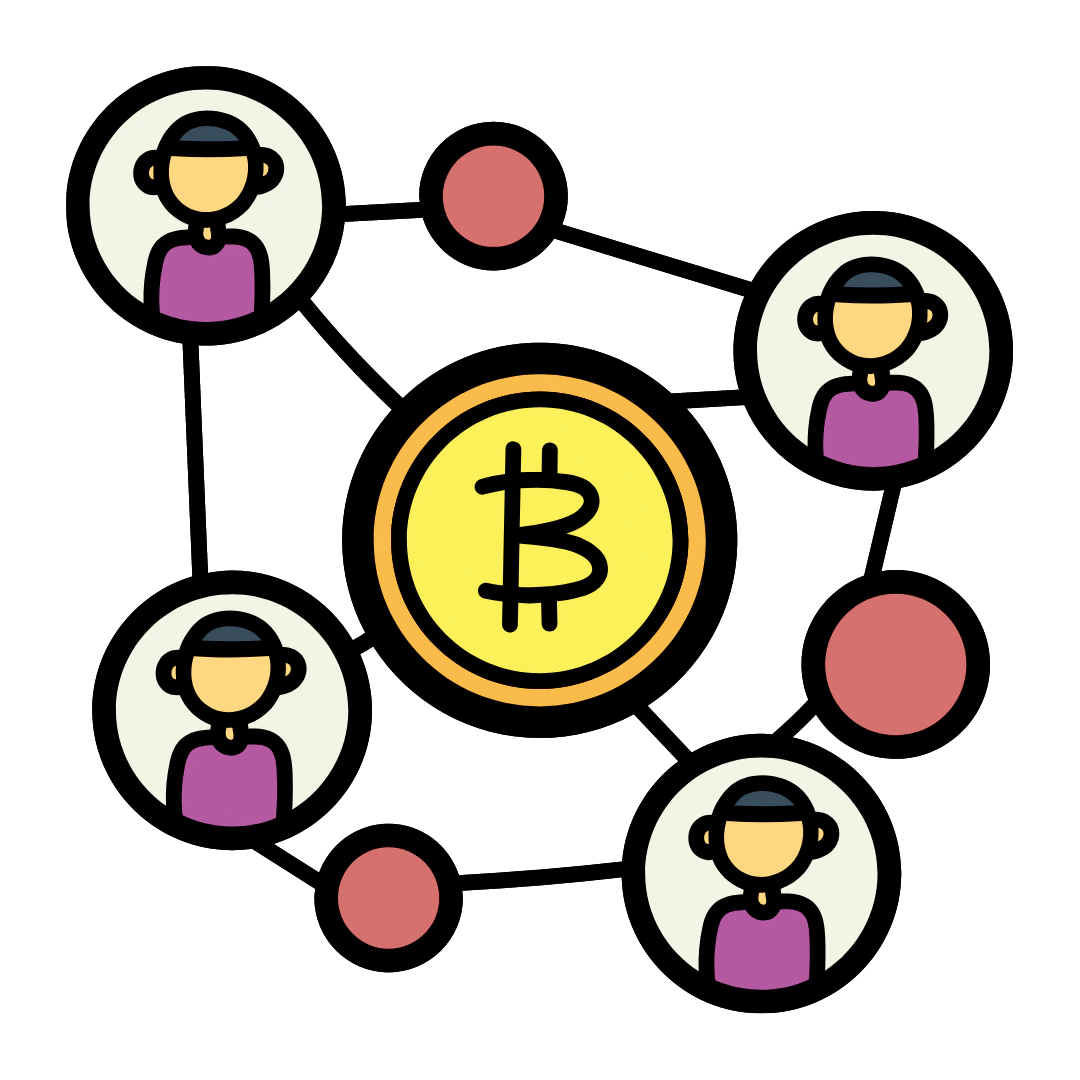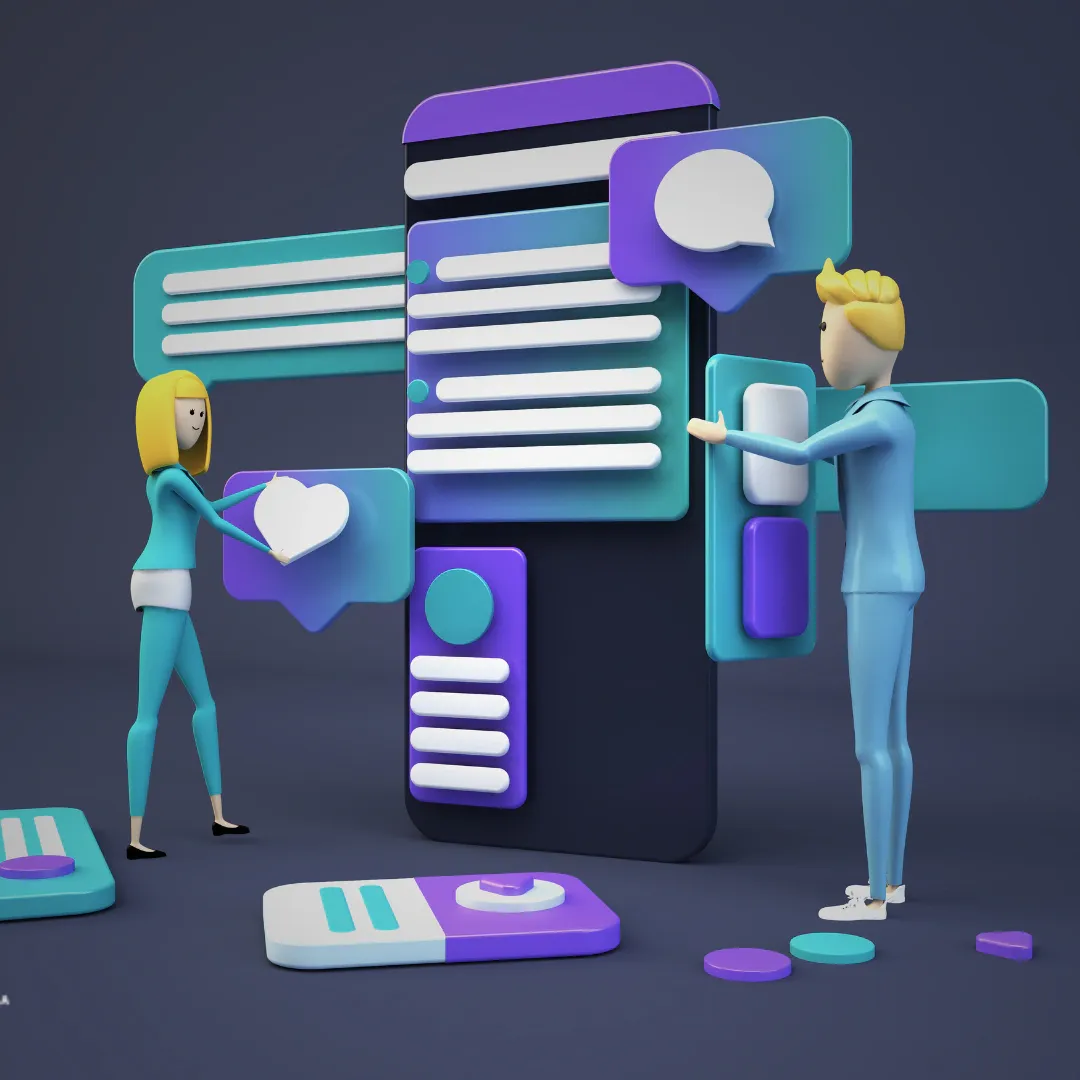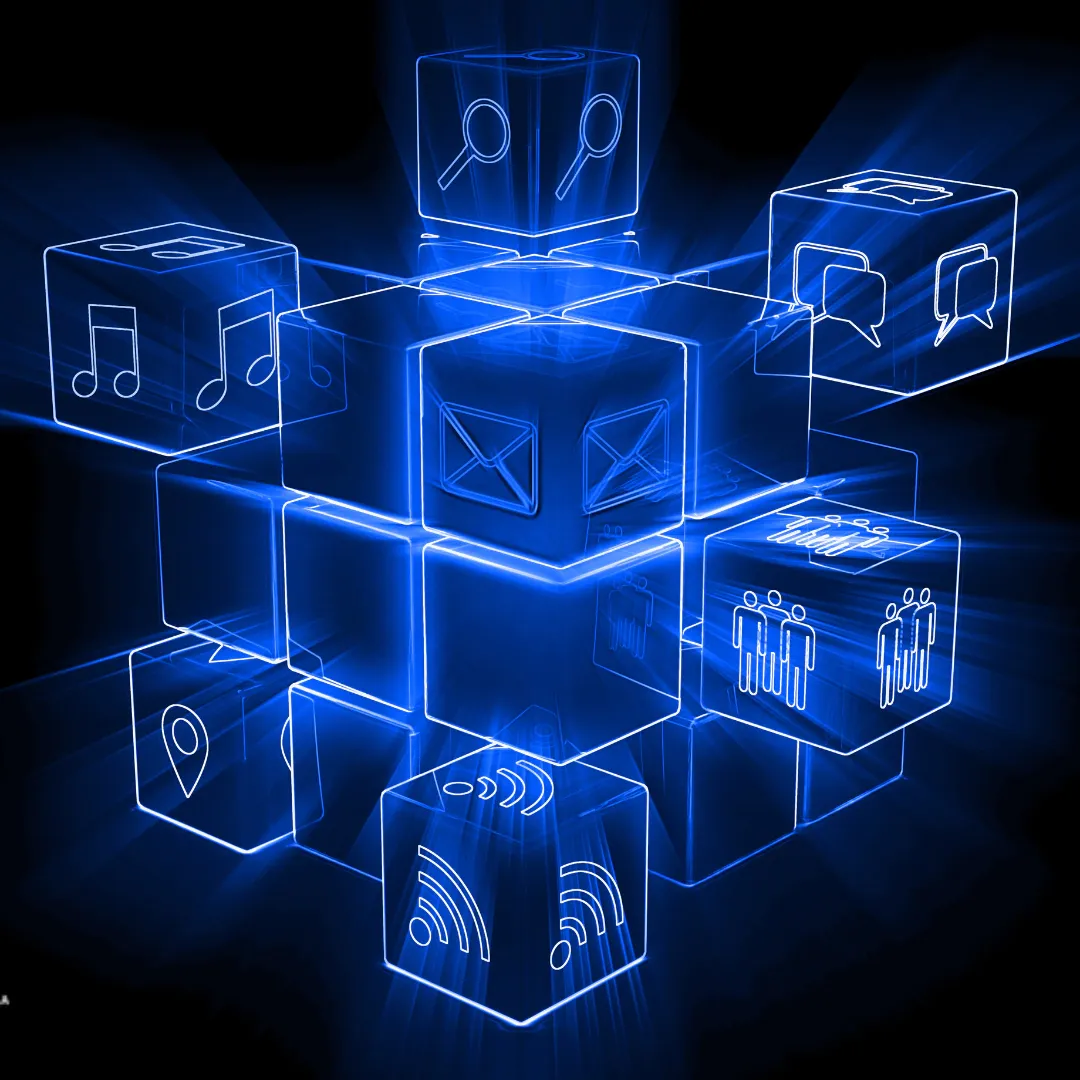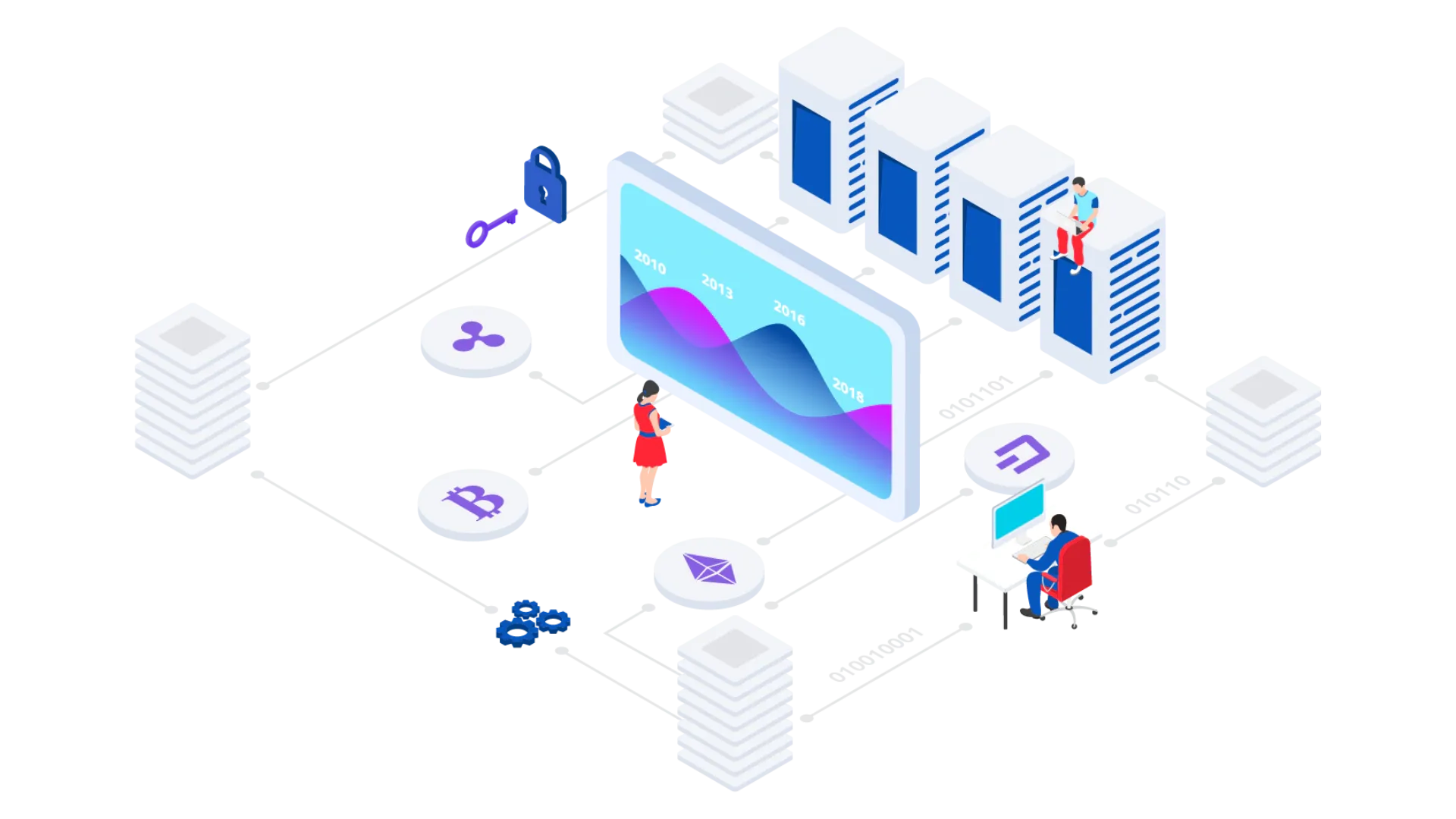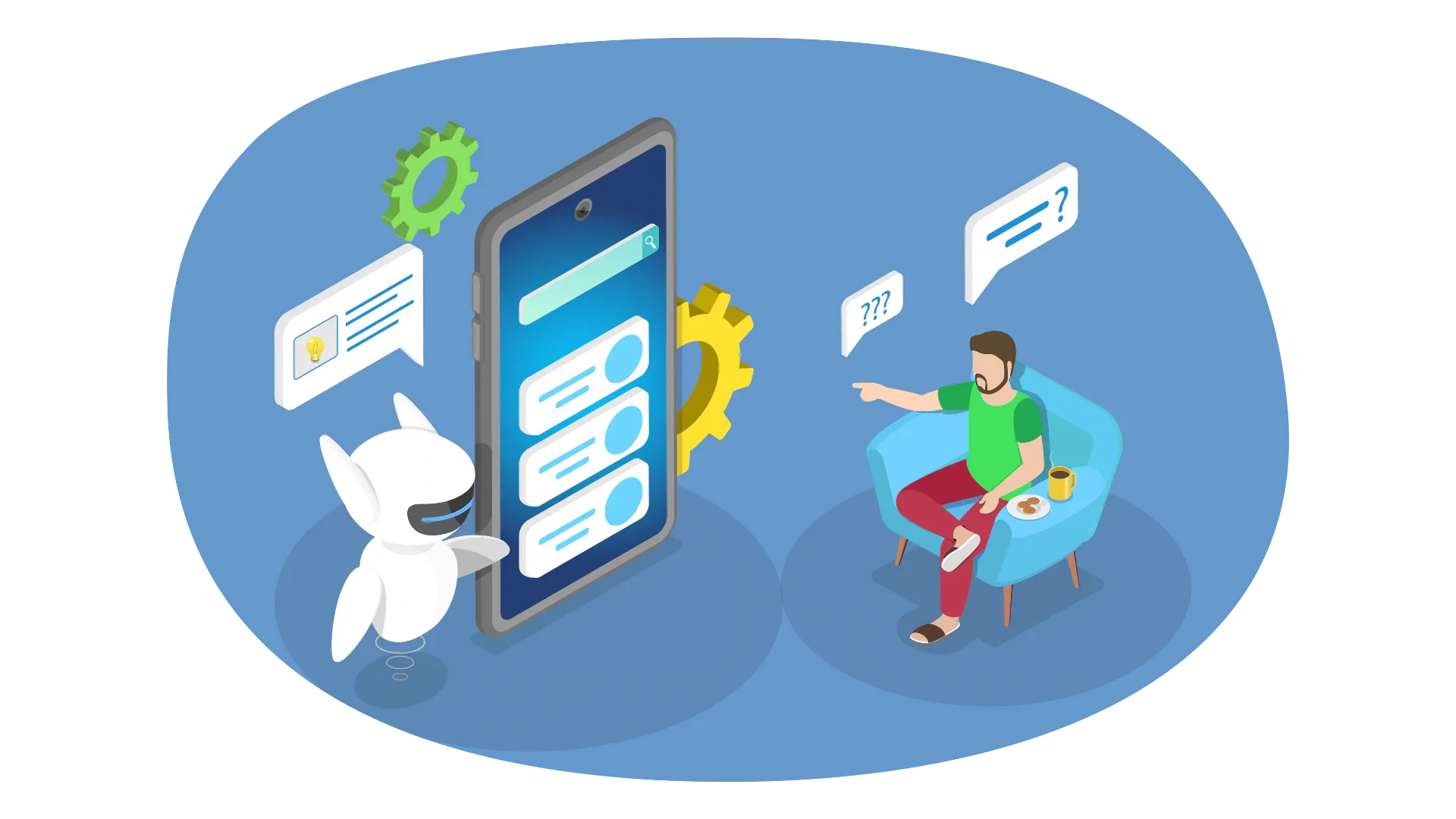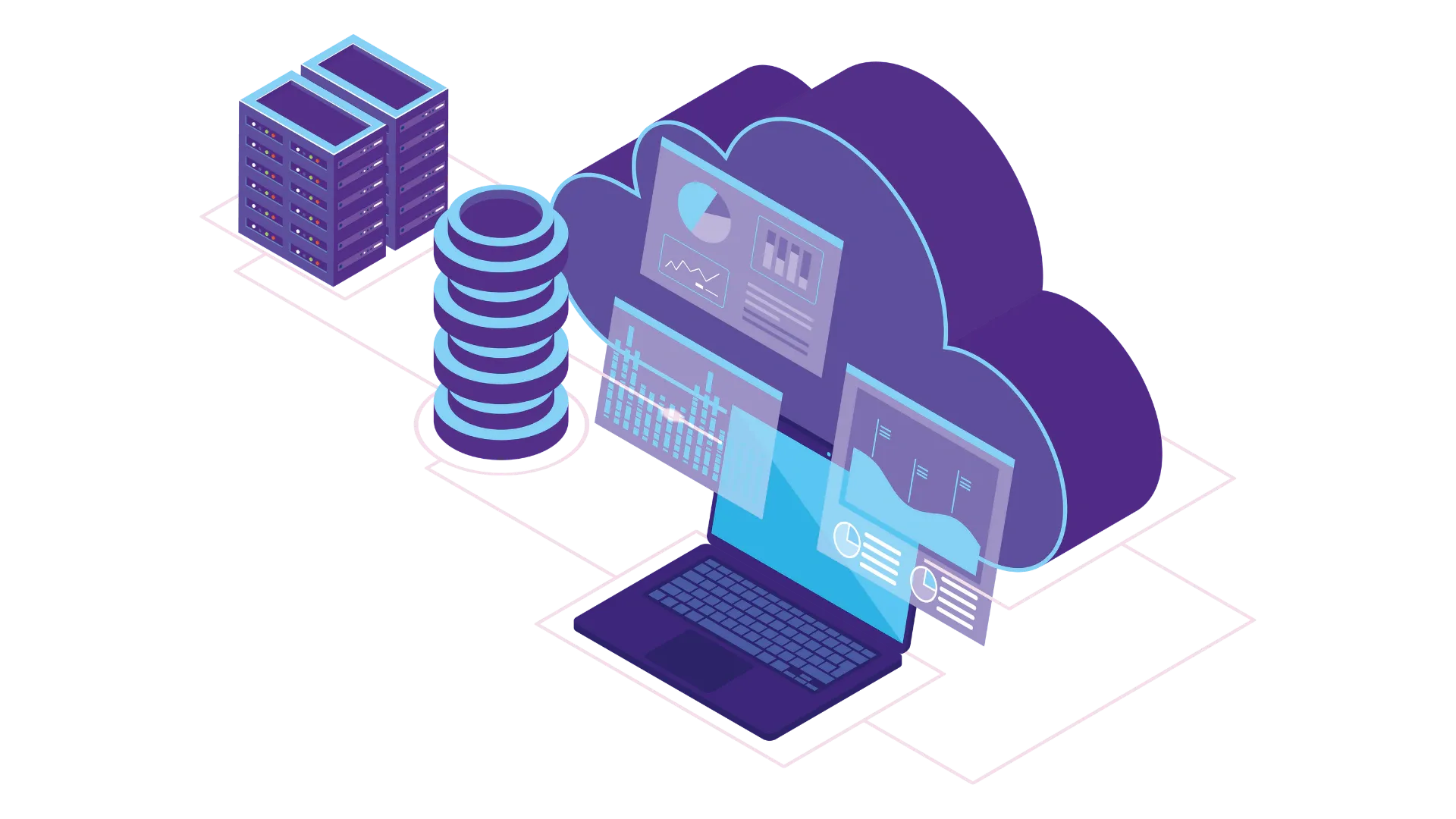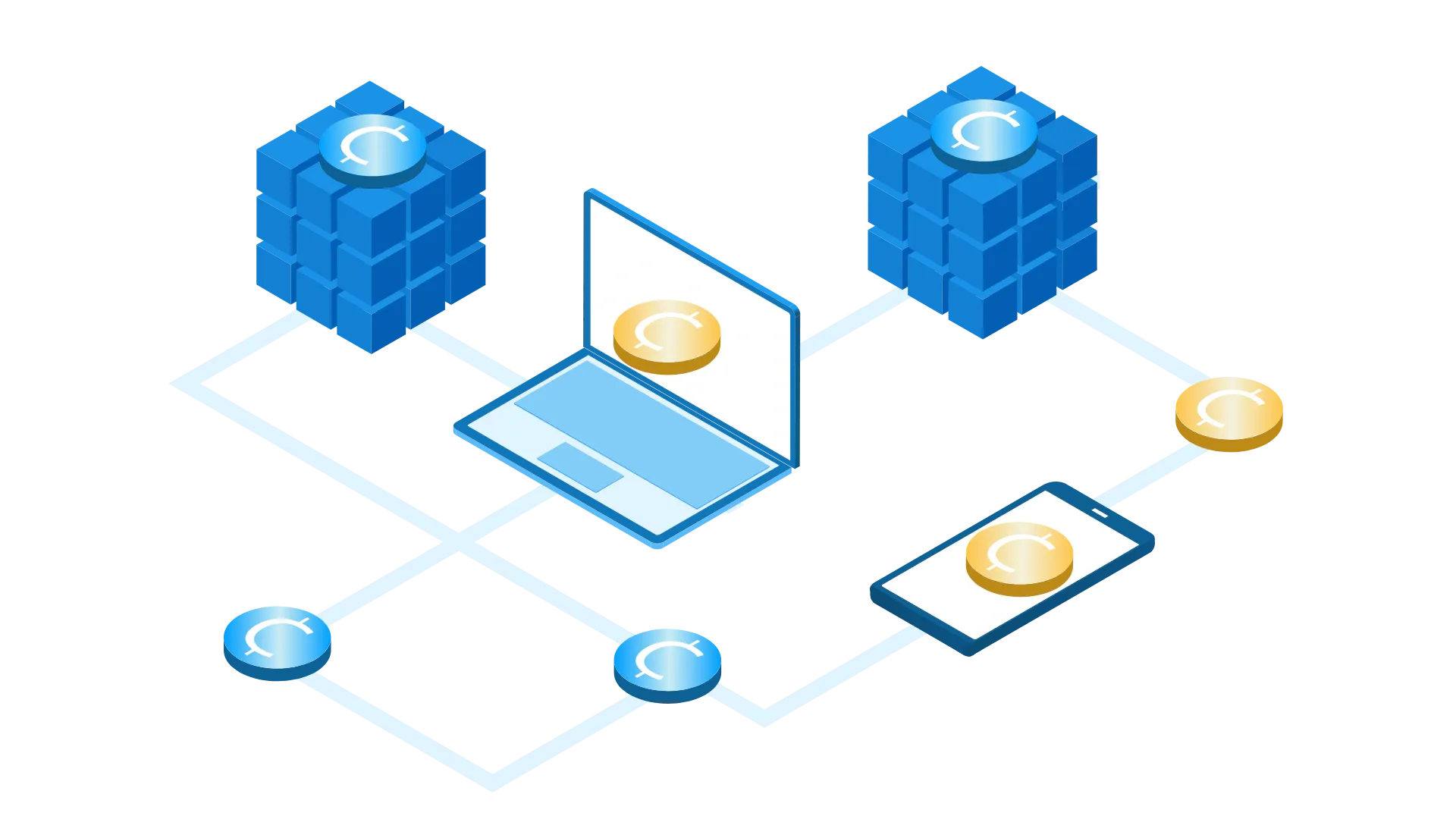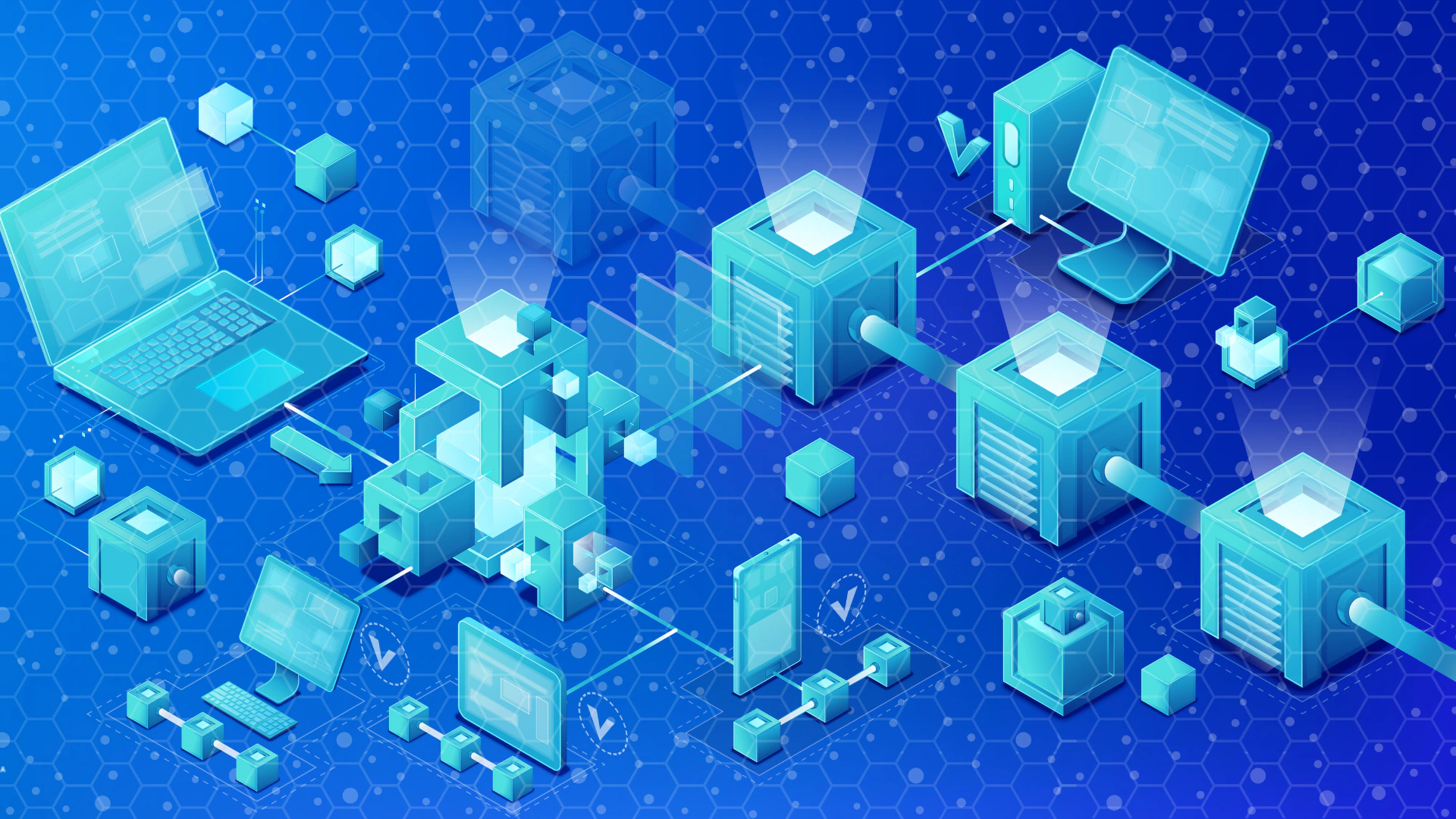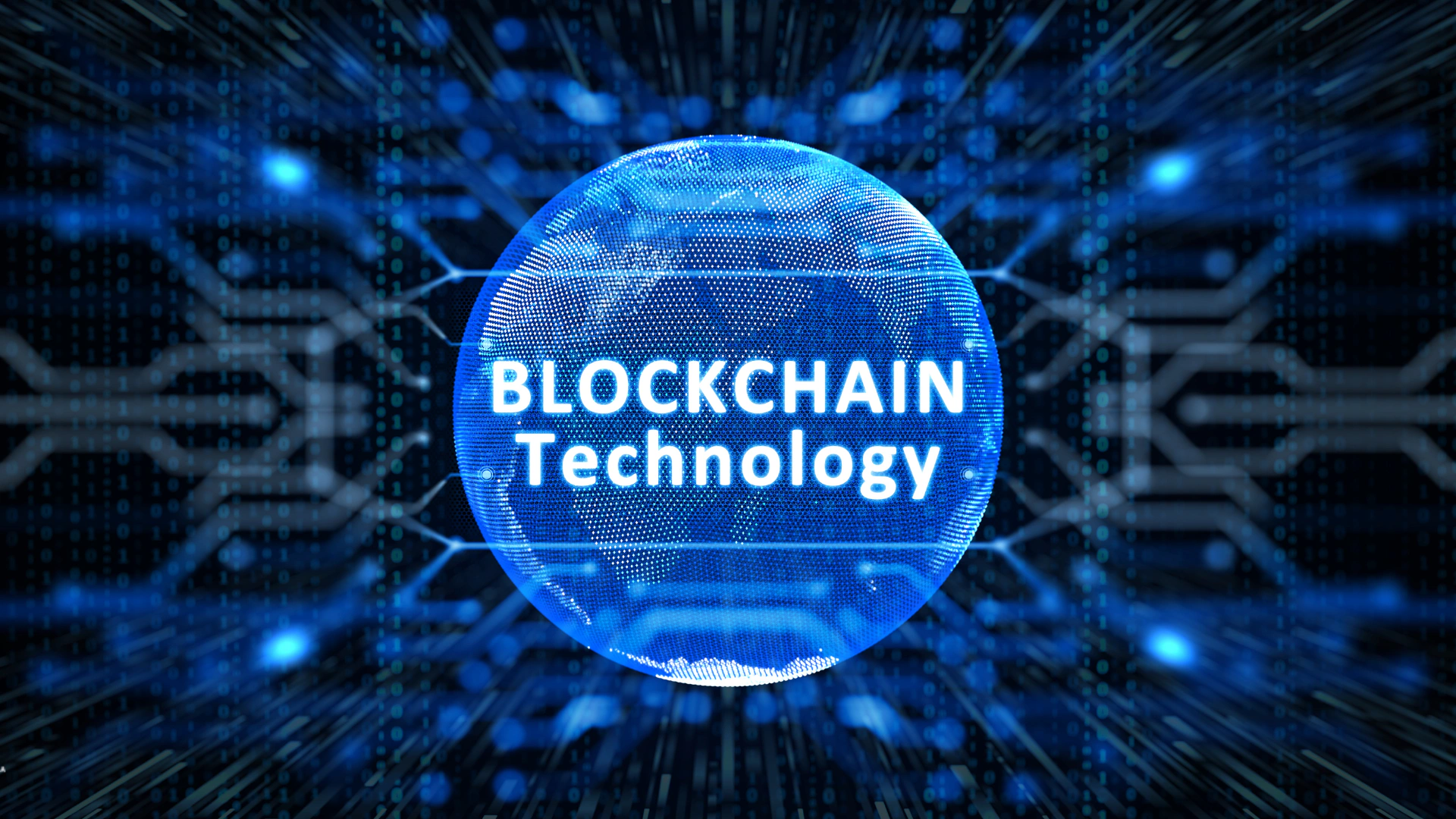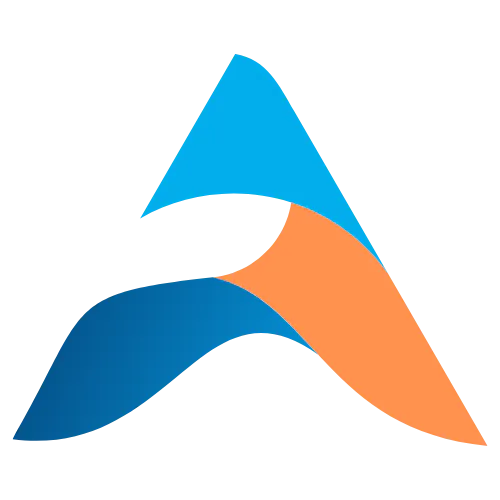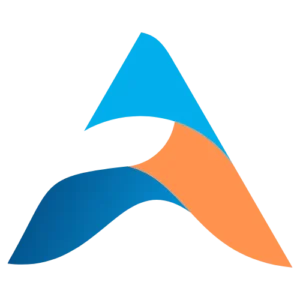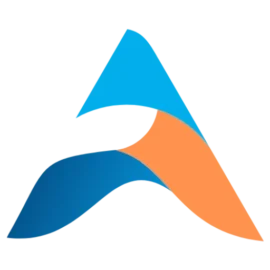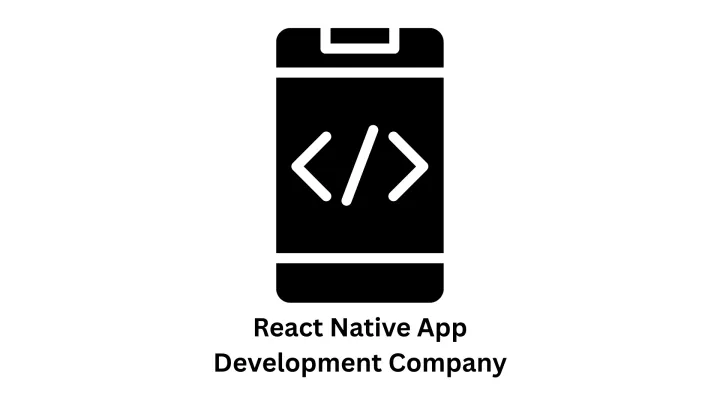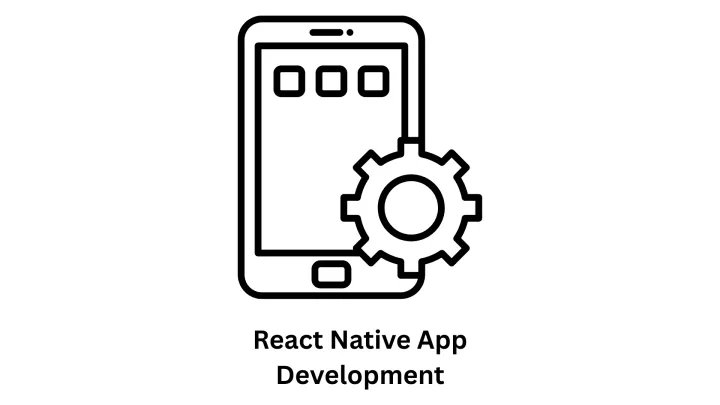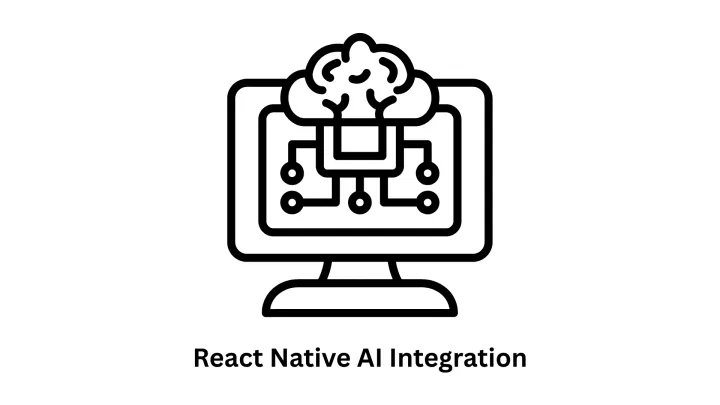The Essential Tech Stack for Blockchain Software Development
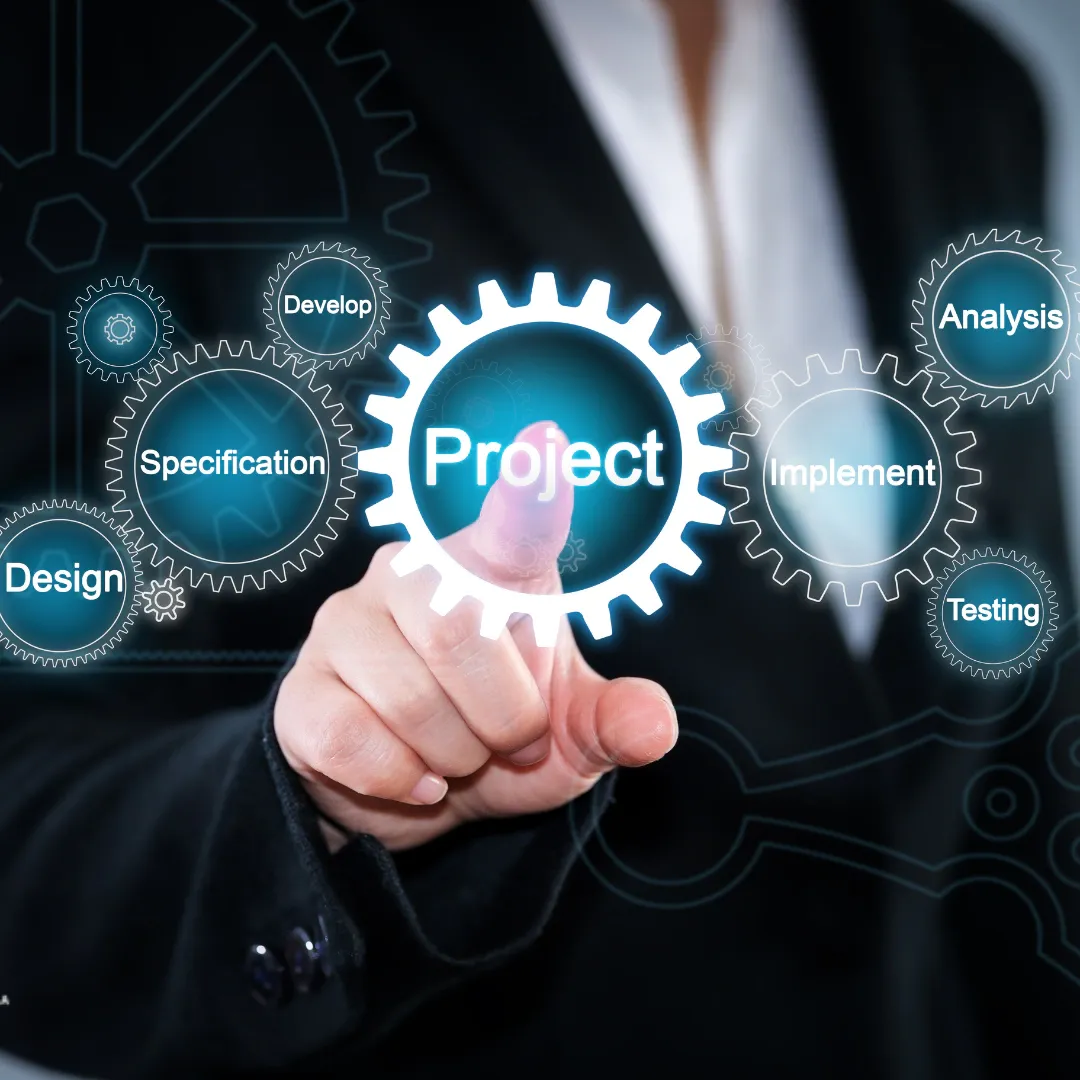
Blockchain technology is revolutionizing industries, offering secure and transparent solutions for everything from finance to supply chains. But diving into blockchain software development can be daunting. With a rapidly evolving ecosystem of tools and platforms, choosing the right technologies is crucial.
In this guide, we'll break down the essential components of the modern blockchain tech stack, empowering you to make informed decisions for your next project.
1. Programming Languages: The Foundation
- Solidity: The reigning champion for Ethereum smart contract development. Its syntax is similar to JavaScript, making it approachable for many developers.
- Vyper: A Python-inspired alternative to Solidity, emphasizing security and auditability.
- Rust: Known for its performance and safety features, Rust is gaining traction for building blockchain infrastructure and high-throughput blockchains like Solana.
- Go (Golang): Often used for building blockchain nodes and decentralized applications due to its concurrency and efficiency.
2. Development Frameworks: Simplifying Complexity
- Truffle Suite: A comprehensive suite for Ethereum development, offering testing, deployment, and network management tools.
- Hardhat: Another popular Ethereum development environment known for its flexibility and plugin ecosystem.
- Brownie: A Python-based framework for Ethereum development, favored for its ease of use and testing capabilities.
- Anchor: A framework designed specifically for building on the Solana blockchain.
3. Blockchain Platforms: Your Playground
- Ethereum: The most established and widely used platform for decentralized applications (dApps) and smart contracts.
- Binance Smart Chain: A high-performance, EVM-compatible blockchain with lower transaction fees than Ethereum.
- Solana: Renowned for its speed and scalability, making it a compelling option for high-performance applications.
- Polkadot: A multi-chain network that enables interoperability between different blockchains.
- Polygon (formerly Matic Network): A scaling solution for Ethereum, offering faster and cheaper transactions.
4. Additional Tools and Resources
- Remix IDE: A web-based IDE for writing, compiling, and testing Solidity smart contracts.
- Ganache: A personal blockchain for local development and testing.
- Metamask: A browser extension wallet for interacting with Ethereum dApps.
- Web3.js or Ethers.js: JavaScript libraries for connecting your dApps to Ethereum nodes.
The Associative Advantage: Your Blockchain Development Partner
Building successful blockchain software requires the right technology and a team with expertise. At Associative, we're passionate about blockchain innovation. Our team of experienced developers can help you leverage these technologies to create cutting-edge solutions for your business.
Whether you need website development, e-commerce solutions, SEO, Web3 development, Blockchain development, Game development, Software development, or Mobile App development, Associative is your one-stop shop.
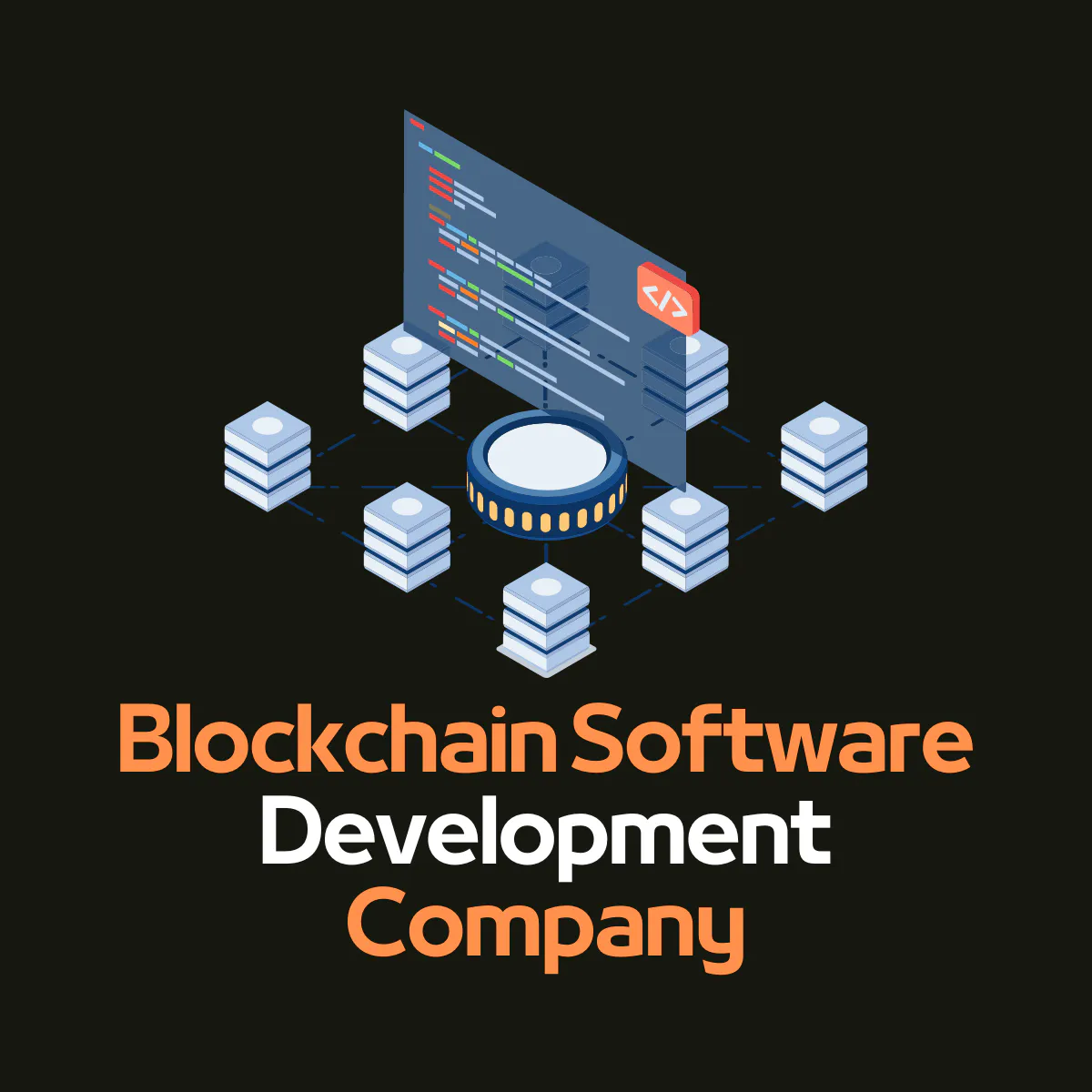
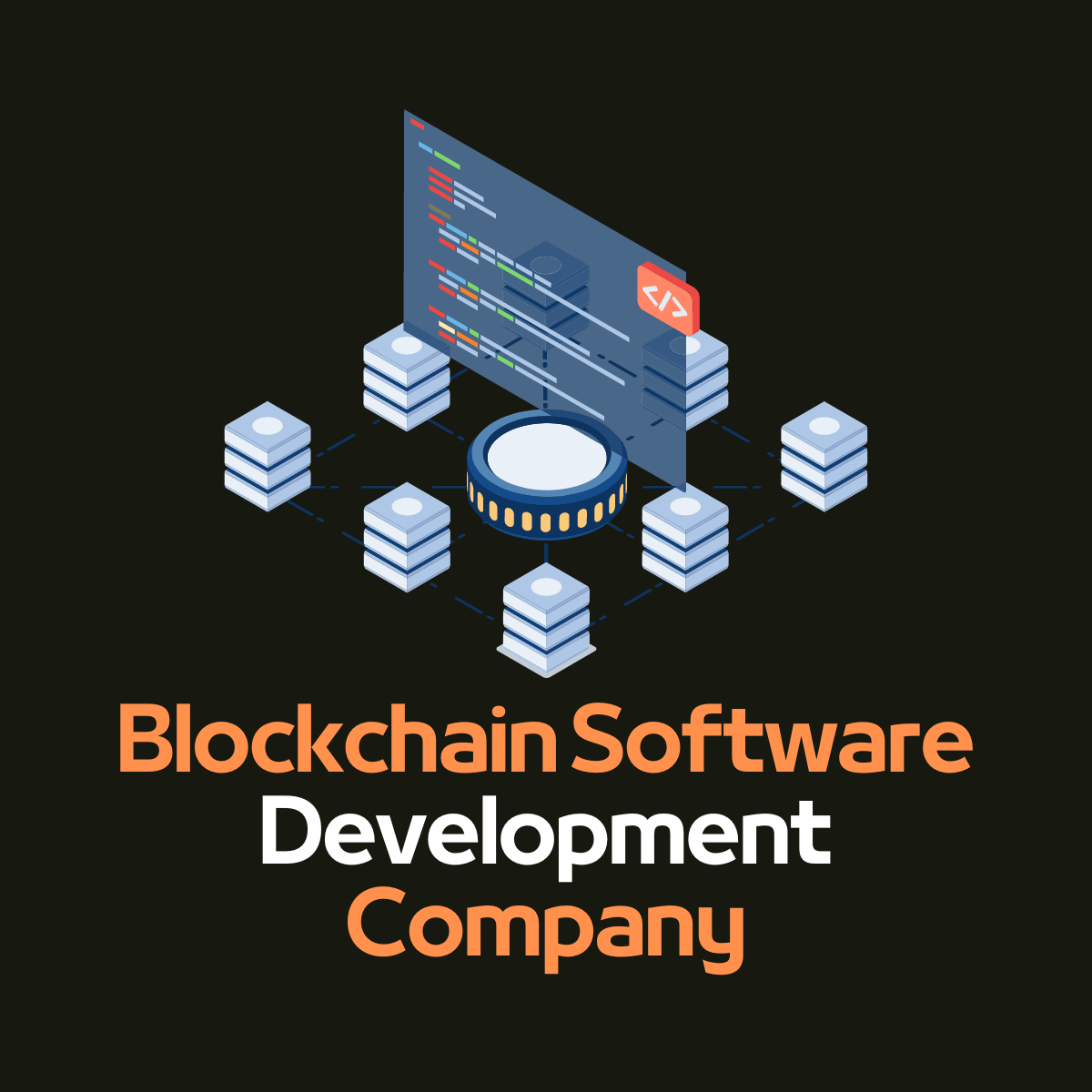
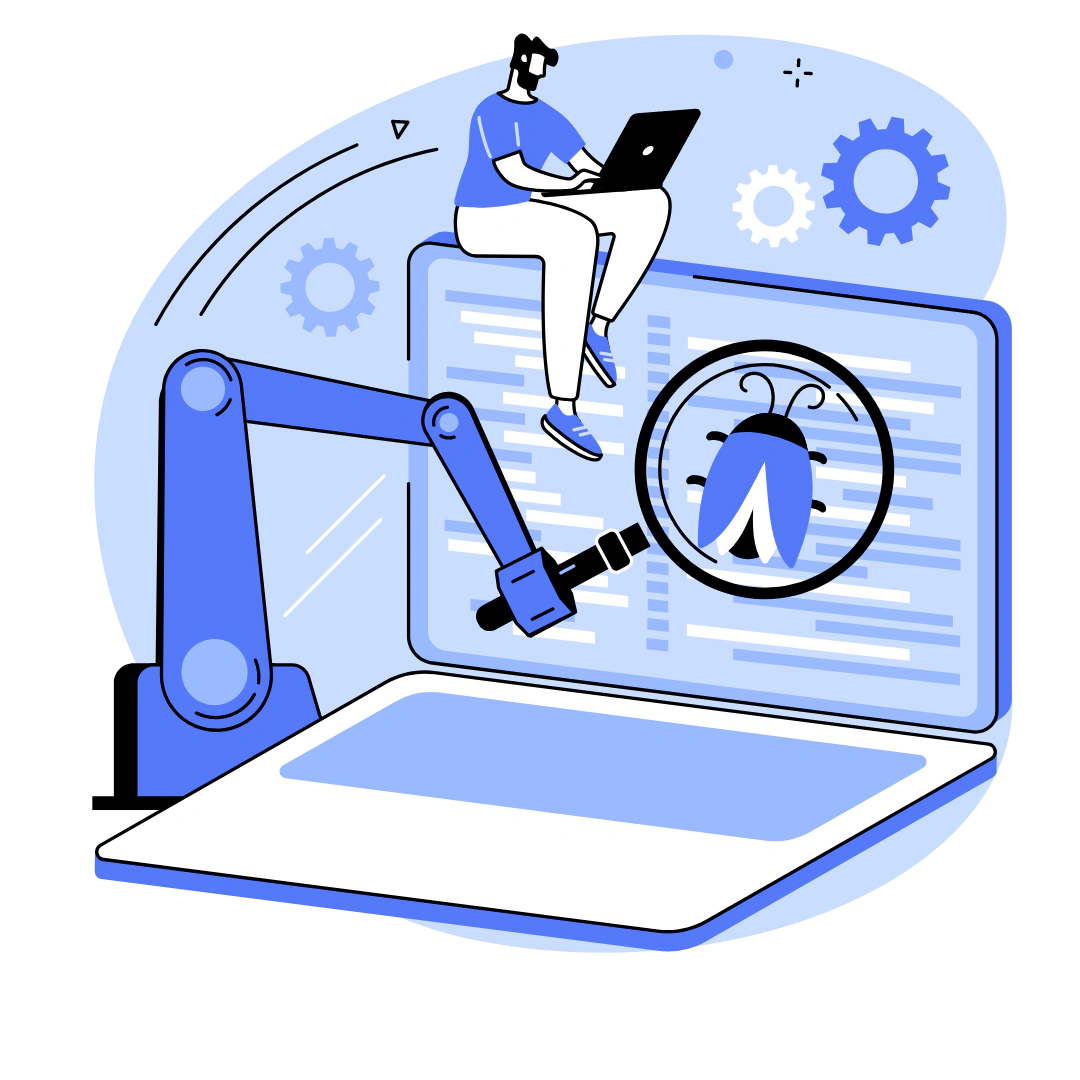
To learn more, consider reading other articles, blogs, and stories in this area.
